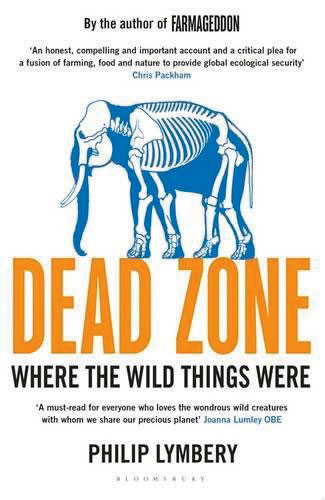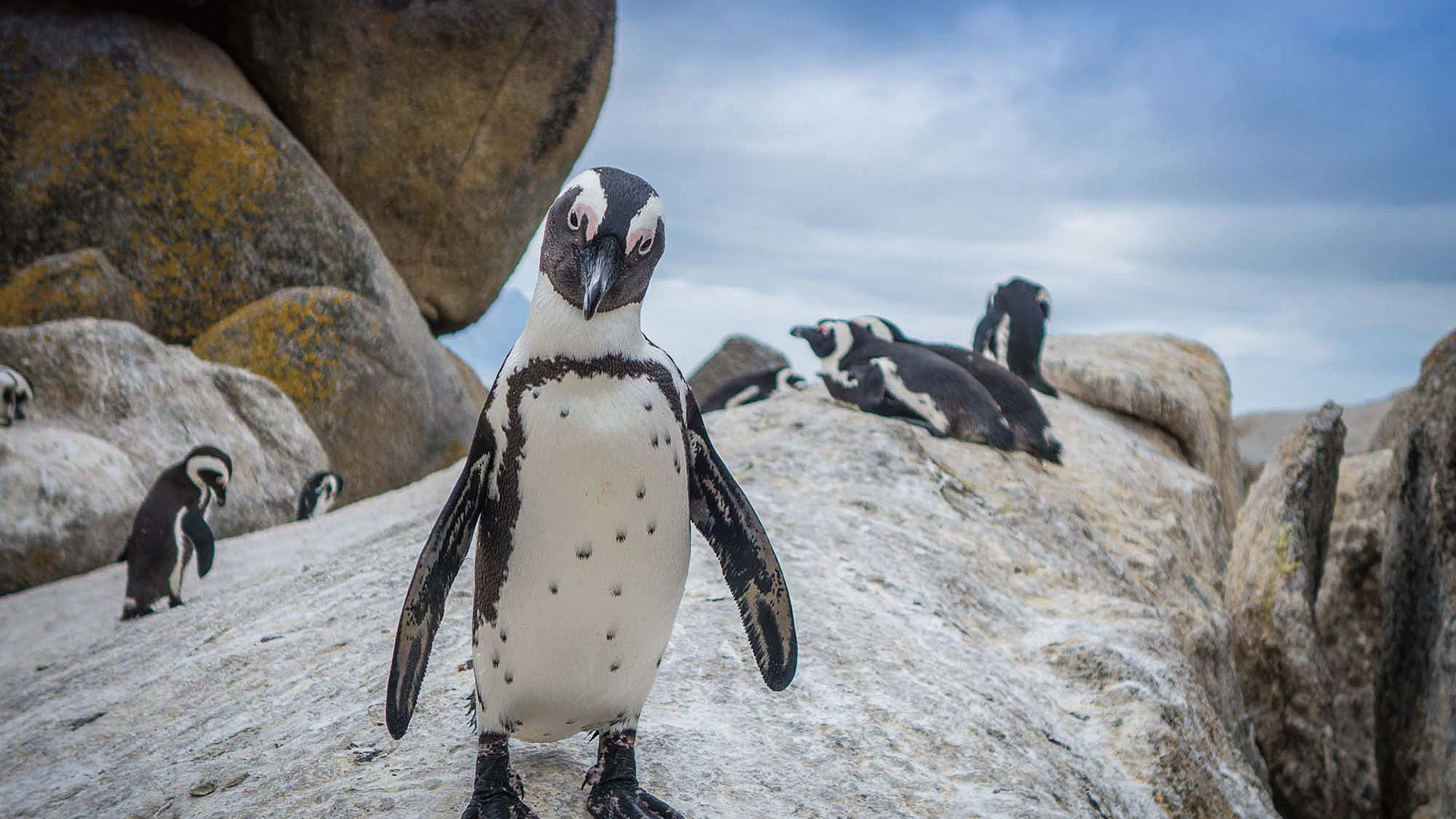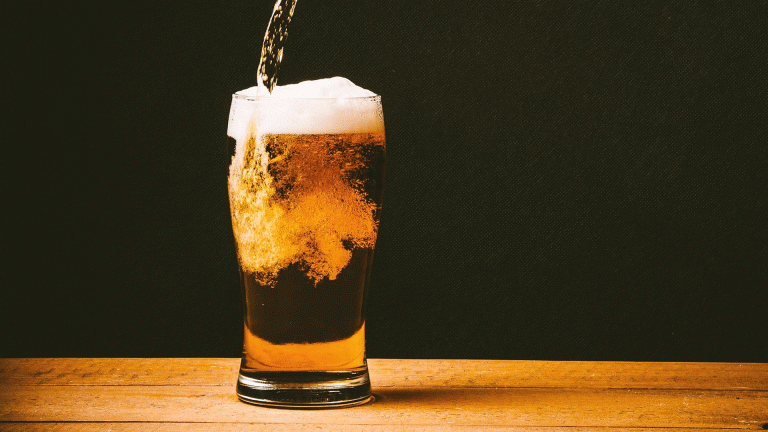I have always been around animals. As a child, my mother and I kept bantam chickens and homing pigeons in the backyard. Even back then, I was fascinated with birds, their power of flight and sense of freedom. I loved watching them, seeing them flap their wings, peck at the ground – just doing what comes naturally. Soon, every spare moment was taken up with my thirst for knowledge about birds and other wildlife.
The moment that opened my eyes to the realities of intensive farming was when a speaker from Compassion in World Farming came to my school to do a talk. I remember seeing pictures of hens in battery cages so small they couldn’t stretch their wings. I was outraged, and I vowed to do something about it. Ten years later, I was working for Compassion (and am now chief executive).
The links between factory farming and wildlife decline are not immediately obvious. Indeed, it was a while before I grasped the full extent of the impact. The sight that really sparked me to dedicate a book to the issue came a few years ago, while I was visiting South Africa for the launch of my first book, Farmageddon.
African penguins are being driven to the edge of extinction, because we’re hoovering up their food from the sea
I was near Boulders Beach along the Cape Peninsula, where a colony of African penguins had recently set up home near to residential houses. A visitor centre there sold all kinds of penguin memorabilia. What struck me was a display board listing the ‘threats’ to the species, which included “reduction of penguin food supply by commercial fishing”. In other words, African penguins are being driven to the edge of extinction, because we’re hoovering up their food from the sea – and there’s little left for them to eat.

You might think this fish is ending up on our plates, but most of it is being ground down and fed to farm animals – caged and confined in factory farms. I found that African penguins in South Africa and Humboldt penguins in Peru have suffered serious declines in numbers.
That’s why I decided to dig beneath the surface and write Dead Zone: Where the Wild Things Were. I had to find out how many other cherished wildlife species were being impacted by factory farming. What I found was staggering.









